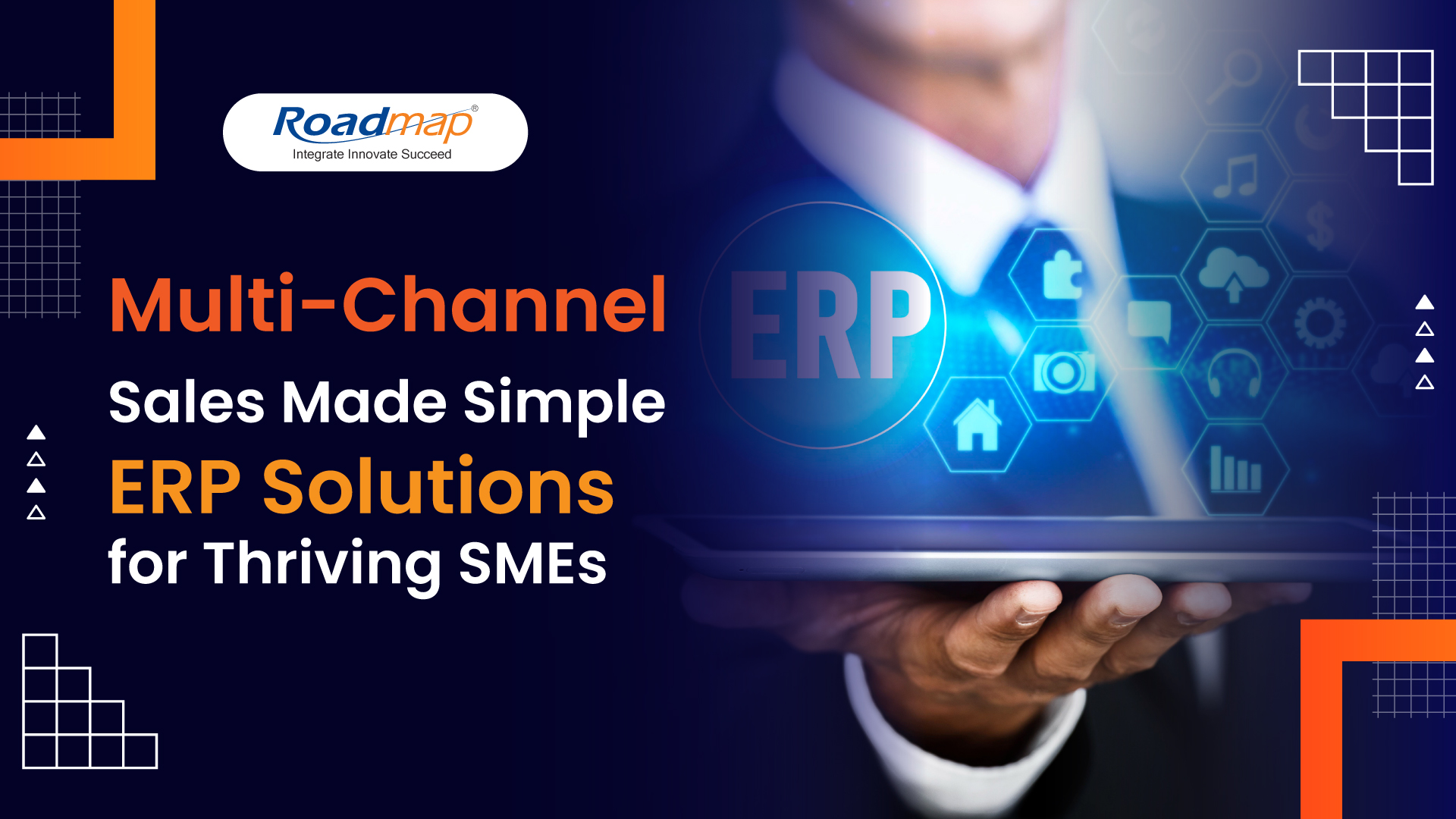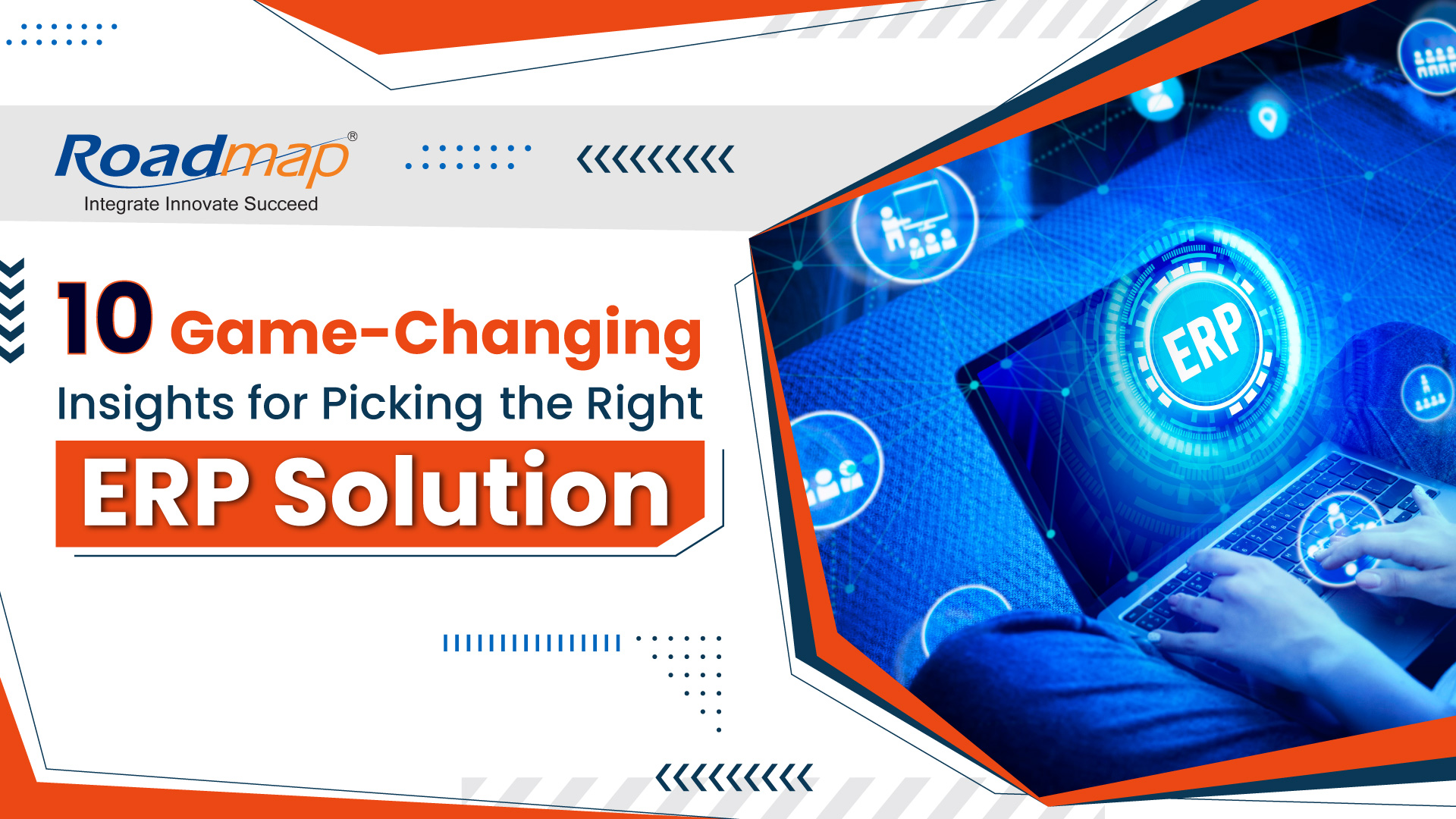
- Nilesh Vijaybahadur Yadav
- 05-Dec-2019 12:33:14
Why Engineering, Procurement & Construction firms can’t do without ERP data-driven imperatives?
Construction, of course, spans multiple project type’s viz. residential complexes, infrastructure projects with several stakeholders, including eminent Engineering, Procurement & Construction (EPC) companies, staunch construction firms & subcontractors specialized in electrical & mechanical services, architecture & planning and so forth. A cohesive term for this broad market is Architecture, Engineering & Construction (AEC). Construction projects, however, are growing bigger & more complex with an increasing need to integrate data-driven interfaces & digital representation of assets.
Let’s take the construction of a Special Economic Zone (SEZ) for instance. Cities, public sector organizations & investors don’t construct an SEZ off the shelf, so to speak. The SEZ is designed & engineered to fit a specific site & situation, its expected capacity, and other considerations viz. parking, public transit or road access. Nearly everything about an SEZ is scoped & designed in a custom manner, from the number of industries it will cater, to the number of freight parking and so on.
When the time for building an SEZ arrives, one doesn't order from a stock list of parts or options. Instead, the challenge revolves around bidding out & reestablishing several scopes of work. These scopes of work need to be estimated, scrutinized, approved & revised as needed. There are often countless changes to the scope of work during a construction project, ranging from crucial design change viz. expanding the parking lot to simpler changes like a substitute material a subcontractor needs to use. As a result instead of needing an ERP system geared to Materials Requirement Planning, the EPC sector needs an ERP that is – project-and-asset- emphasized, equipped in projecting and altering the scope of work, managing subcontracts, exerting controls of project costs, risk, timescales, and quality.
Precisely, AEC projects don’t revolve around the quintessential “order to cash” process that most ERP system support profusely. Rather here are some “MUST HAVES” ERP data-driven imperatives to be on the lookout for the ideal project management solution:
1. Smart-estimation via CRM: Roadmap is known for a Customer Relationship Management module geared towards managing opportunities and subcontractor contacts, rather than clichéd management of product sales & customers. The estimation is built by analyzing the scope of work in terms of what more might be needed in subcontracting, equipment rental, engineering material & labor.
2. Contract Management for Sales: The fundamental challenge with construction projects is managing the changing scope of work for a complex asset. Large assets can sometimes undergo innumerable changes completely reversing the initial design. Therefore, Contract management for Sales needs to manage approval workflows, provide features for revision & management of the contract changes.
3. Valuation to be an integral part of contract management: The AEC industry has a unique way of measuring work done per se valuation which is done on a cumulative monthly basis serving as a foundation for getting paid & paying the subcontractors. The evaluation is usually done by Quantity Surveying, a commercial function cross-checked via physical measurements against BOQ. These valuations are then used by Roadmap ERP as digital Application for Payment, submitted to the client or received via the subcontractor.
4. Cost Control – Projects: Once the bid is rewarded and the project is underway, it is imperative for the project proponent to exercise cost controls over all the activities. This goes beyond the financial module of typical ERP which extends only till subcontractor expenses & milestone payments, equipment rental expenses, internal & external resource allocation to the projects. However, the project cost control function in the ERP must be able to prefix an overall budget for the project, enable periodic & real-time project reporting and analysis, keep track of the monthly budget consumption and revise the project forecast. Forecasting the outcome of the project on a periodic basis is a crucial activity if construction firms are to keep check on the expenses and margins. This process is stereotypically done by using spreadsheets on MS-Excel, so finding an ERP solution that can manage this process inside the application would be great value addition.
5. Service Management and Facilities: Many construction companies are increasingly maneuvering towards People Public-Private Partnership (PPPP) models undertaking Operation & Maintenance (O&M) of assets & facilities once it's handed over. This implies a need for a service management solution, but one that is integrated with the ERP software solution. Ideally, many organizations prefer a separate set of software solutions for both the construction and O&M stage with an additional set of back-office solutions for Supply Chain Management, HR & Payroll and more. This, as a result, makes it more expensive, cumbersome to manage & integrate multi-user interfaces. Amidst the integration of all the interfaces, Roadmap ERP offers the ability to manage a service contract with flexible pricing and invoicing features.
6. Mobile Workforce: The driving force in field service is to coordinate a mobile workforce. This demands mobile job management functionality for all on-field technicians. The mobile solution in place is also leading various firms for mobile workforce optimization adhering to contractual service level agreements. To achieve this, Roadmap ERP is providing an automated scheduling functionality integrated with supply chains, HR & Payroll, skills, licenses and so on.
Now is the time for the Architecture, Engineering & Construction firms to organically evolve towards integrated data-driven asset management & project formulation. The quickening pace of urbanization, combined with the rapid adoption of technology-driven models, is simply going to require integrated enterprise solutions with likes of Roadmap ERP & more if firms desire to maximize their project-deliverables.




